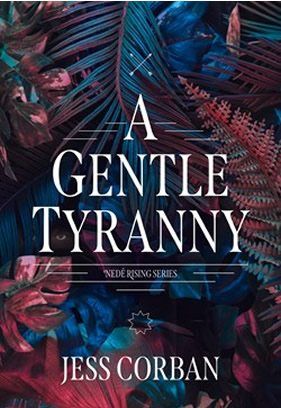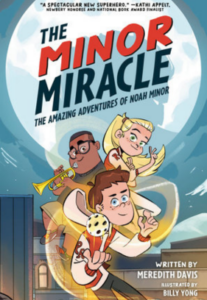Ever since she was just a little girl, 17-year-old Reina Pierce’s world has made sense. Because of strong women, the matriarchy she lives in is sound and safe. It works well; and its financial and social gears are well defined. In the nation of Nedé woman run everything. And men—after the Great Sickness tore the world apart and restructured the order of things—have thankfully been reborn as “Gentles,” people who serve and care.
Now in the year 2267, the historical male tendency to hurt others, especially women, is long gone. Reina’s agrarian world is ruled by the female virtues of diversity, harmony, ingenuity, simplicity and self-restraint. It is a good world.
In fact, Reina, like every other young woman her age, has only one thing to worry about these days. When she turns 18, she must figure out which Destiny to choose. Her mother wants her to be a Materno, like she was. Giving birth for the nation is an honorable and safe destiny that’s well-compensated. But Reina can’t even imagine herself settling for that.
If anything, Reina’s sorta leaning toward being an Alexia: a group of powerful, leather-clad women who ride sleek black horses and keep the peace with swords and arrows. She’s even created her own secret arena to ride around in and practice in with a makeshift bow. An adventuring life, with strong comradery and virtuous pursuits, seems to be calling her.
Before Reina can make her decision, however, she gets a completely unexpected order to present herself before her grandmother, Teera Pierce, the nation’s current Matriarch. Reina rarely sees her, and the teen wouldn’t be surprised if her grandmother couldn’t even remember what Reina looked like. But it turns out that Matriarch Teera has decided, after 46 years as the leader of this great nation, to begin the Succession—a competition limited to the best of the best and aimed at finding Nedé’s next Matriarch.
Reina has been chosen as a candidate. And that choice wasn’t hers to make—or decline.
The truth is, Reina can’t even imagine standing next to the four other polished women in the competition. They’ve spent their whole lives being groomed for this role. She’s nothing but a farm girl. Reina does, however, carry the name of Pierce and a lineage of strength and leadership.
She just hopes she can live up to that name.











